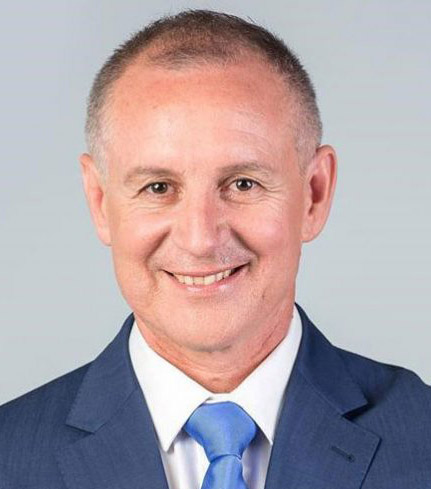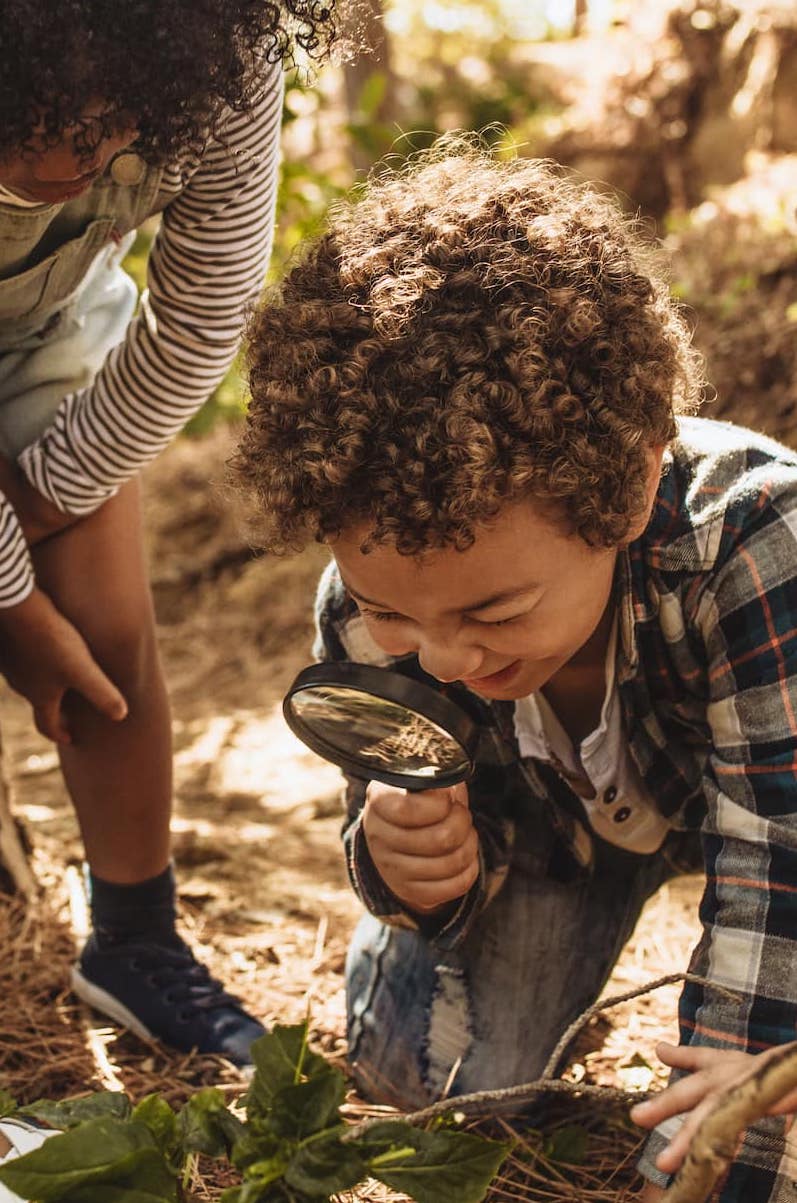Defying Deficit: Children as capable citizens of the now.
By Dr Jeanne Marie Iorio and Professor Nicola Yelland
The context and imperatives for this Industry Report arise from the 2020 COVID-19 pandemic where we had to rethink what we regard as being ‘normal’ in early childhood education and schooling.
New Pursuit article
Early childhood programs and funding are frequently justified using a cost-benefit analysis of what children may contribute to the economy as they grow up. Professor Nicola Yelland and Dr. Jeanne Marie Iorio explore the need to change this perspective in their latest Pursuit article: Children are more than just a return on investment.
The context and imperatives for this Industry Report arise from the 2020 COVID-19 pandemic where we had to rethink what we regard as being ‘normal’ in early childhood education and schooling. We now have opportunities, from what we have learned from our pandemic experiences, to fundamentally reconceptualise early childhood education, and in fact schooling more broadly. Will the ‘new normal’ take us back to our old ways of thinking or offer possibilities to create new opportunities that build on the potential of all Australian children?
Executive summary
The Early Years Learning Framework (EYLF) (2009) created a new curriculum for early childhood education that challenged educators to think beyond existing approaches and to work in new ways.
Achieving these aims, however, was constrained by the widespread view of children as being in deficit; that is, they needed to be fixed or filled up with knowledge and skills defined by developmentally appropriate practice. This perspective views the child as an empty vessel: that children’s capacity to contribute to their own education is limited if not non-existent.
What we need is an alternative narrative, one that moves away from the conception of children as incapable, dependent or needy, to a recognition that children are capable. This perspective can then act as the underpinning of teaching practices, policy and structures and the research that informs them.
We also need to move away from an over-reliance on child development and human capital theory that has generated a narrow view of how early childhood research is constructed and implemented; how this research is used to make policy and the ways in which it does not value the contribution of all children. The education and value of all children is much more than a consideration of their future ability to perform labour and contribute to the economy.
The concerns and focus of early childhood research are also often too narrowly concentrated on children who are perceived to be ‘at risk’ because they have not attained benchmark behaviours. Research projects are often designed as ‘interventions’ to provide ‘solutions’ in specific dosages to alleviate perceived deficits from what is constituted as ‘normal’. Often these interventions are then scaled up, but it is also often not clear what is being scaled up since the initial programs were designed to close a specific deficit. The challenge remains that many of these programs strive towards a universal, or non-existent, ideal of what constitutes normal educational progression.
While the early childhood years are internationally recognised as being from birth to eight years of age, in Australia early childhood research and policy focuses on children from birth to age five. With a birth to five perspective, education and care are thus separated in early childhood research, policy and practices so that there is no continuity in policy or practices, which disrupts early foundational learning skills.
Research generated through the collaborative relationships established between universities and industry, and between teachers as researchers, offers the conceptual and pedagogical evidence base needed to inform the technical – the structures and policies that define early childhood understandings and practices. This kind of research, which also acknowledges children as capable citizens, needs to be valued, supported and funded.


Former Premier of South Australia and CEO of Minderoo Foundation
Foreword
by Jay Weatherall AO
This is an important paper, released at a critical moment. The current pandemic offers the opportunity to pause and reconsider some of the truths to which we have held, with gradually increasing certainty, for decades.
As this paper suggests, it is time to reconceptualise early childhood educational research. For too long, discussions around the role of children in society have characterised the child as a weak needy subject rather than a powerful citizen with rights.

Key messages
- Most research informing early childhood policy and practice is built on the view of young children as being in deficit of benchmark targets based on traditional views of development.
- An over-reliance on child development and human capital theory has generated a narrow view of how early childhood research is constructed and implemented, how this research is used to make policy and, consequently, does not value the contribution of all children.
- Current early childhood research seeks ‘scalability’ by using intervention models in which a ‘dosage’ is applied to lead to the desired ‘outcome’. This limits the potential of a more inclusive and wide-ranging approach to the education of young children that recognises the strengths that all children bring to their educational settings.
- Early childhood research and policy in Australia focuses on children from birth to age five, yet the international and widely accepted definition is that early childhood education spans the years from birth to eight. With a birth to five perspective, education and care are thus separated in early childhood research, policy and practices so that there is no continuity in policy or practices, and this disrupts early foundational learning skills.
- An alternative perspective on children’s learning is needed in order to rethink early childhood research, policy and practice that values the contribution of all Australian children. Viewing children as capable, contributing citizens enables an approach to research, policy and practices that respond to contemporary issues, and is relevant to the lives of all Australian children.
- Research generated through the collaborative relationships between universities and industry, and between teachers as researchers, offers the conceptual and pedagogical evidence base needed to inform the technical – the structures and policies that define early childhood understandings and practices.
Recommendations
-
Support
Support and fund research that views children as capable and contributing citizens and value all contributions in the collaborations between universities, schools, early childhood centres and industry.
-
Rethink
Rethink early childhood policies to define early childhood education as being constituted from birth to eight years of age, not separated into the categories of education and care.
-
Change
Change (early childhood) teacher registration to be inclusive of educational settings from birth to eight years of age.
-
Create
Create a government-funded professional learning system that supports teachers as researchers and funds teacher research in classrooms to benefit the profession.
-
Implement
Implement early childhood initial teacher education courses that include a focus on teachers as researchers; teaching and learning practices that foreground Indigenous Worldviews and connection with place and social issues; and education as a cultural, political and ethical endeavour.
-
Provide
Provide funding for early childhood teachers to learn how to respectfully foreground Indigenous Worldviews and connect with local place and social issues.
-
Highlight
Highlight and fund the establishment of early childhood programs for children from birth to eight years of age including governance structures and policies to empower children as active participants in local and global communities.